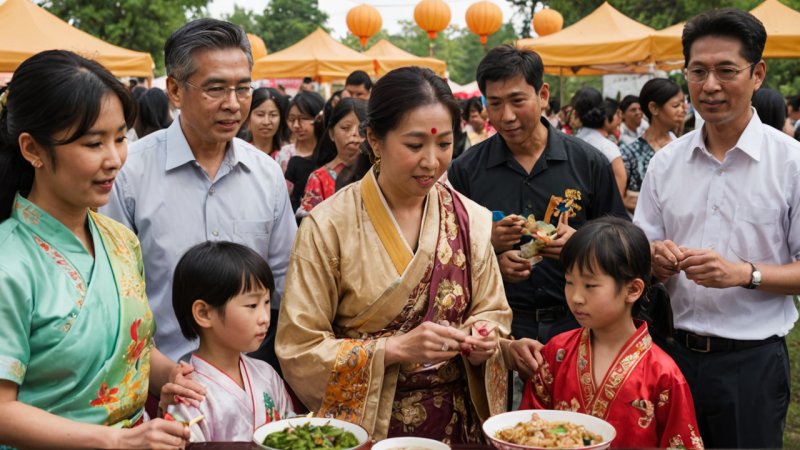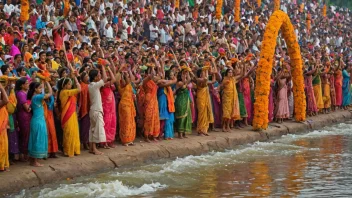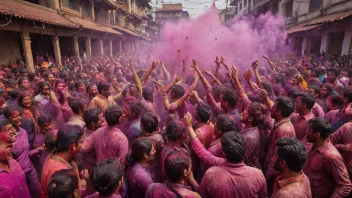In many Asian cultures, the family unit holds a special place that shapes social structures, values, and individual identities. Understanding the role of family in these societies can provide invaluable insights into their traditions, lifestyles, and interpersonal relationships.
In countries like China, India, Japan, and Korea, the family often extends beyond the nuclear model to include a broader network of relatives. This collectivist approach emphasizes the importance of loyalty, respect, and support among family members. Elders are particularly revered, often serving as the decision-makers in familial matters, thereby reinforcing the hierarchy within the family structure.
Asian cultures also place a significant emphasis on filial piety, a concept that underscores the obligation of children to care for their parents and ancestors. This is not only a moral duty but also a social expectation that intertwines with cultural traditions. In many families, it is common for multiple generations to live under one roof, fostering strong bonds and a sense of community.
Moreover, family gatherings and celebrations play an essential role in maintaining these relationships. Festivals such as Lunar New Year in China or Diwali in India often revolve around family reunions, highlighting the importance of togetherness. These occasions provide opportunities for families to share meals, exchange stories, and pass down cultural heritage through generations.
In addition to these traditional aspects, modern influences are reshaping the family unit in Asia. Urbanization, increasing educational and professional opportunities, and globalization are prompting shifts in how families interact and operate. Young adults are increasingly moving away from home for education or work, leading to a more individualistic approach in some urban areas. However, the foundational values of respect and care for family members remain deeply ingrained.
Travelers seeking to understand Asian cultures will find that family dynamics offer a window into the heart of these societies. Engaging with locals and participating in family-oriented events can provide enriching experiences, allowing for a deeper appreciation of their customs and traditions.
In conclusion, the family unit in Asian cultures is a vital element that influences various aspects of life, from social norms to celebrations. Understanding its role helps to appreciate the complexities of these cultures and highlights the significance of relationships in shaping individual and communal identities. As you travel through Asia, embracing the family-centric ethos can enhance your experience and deepen your connection to these vibrant cultures.






